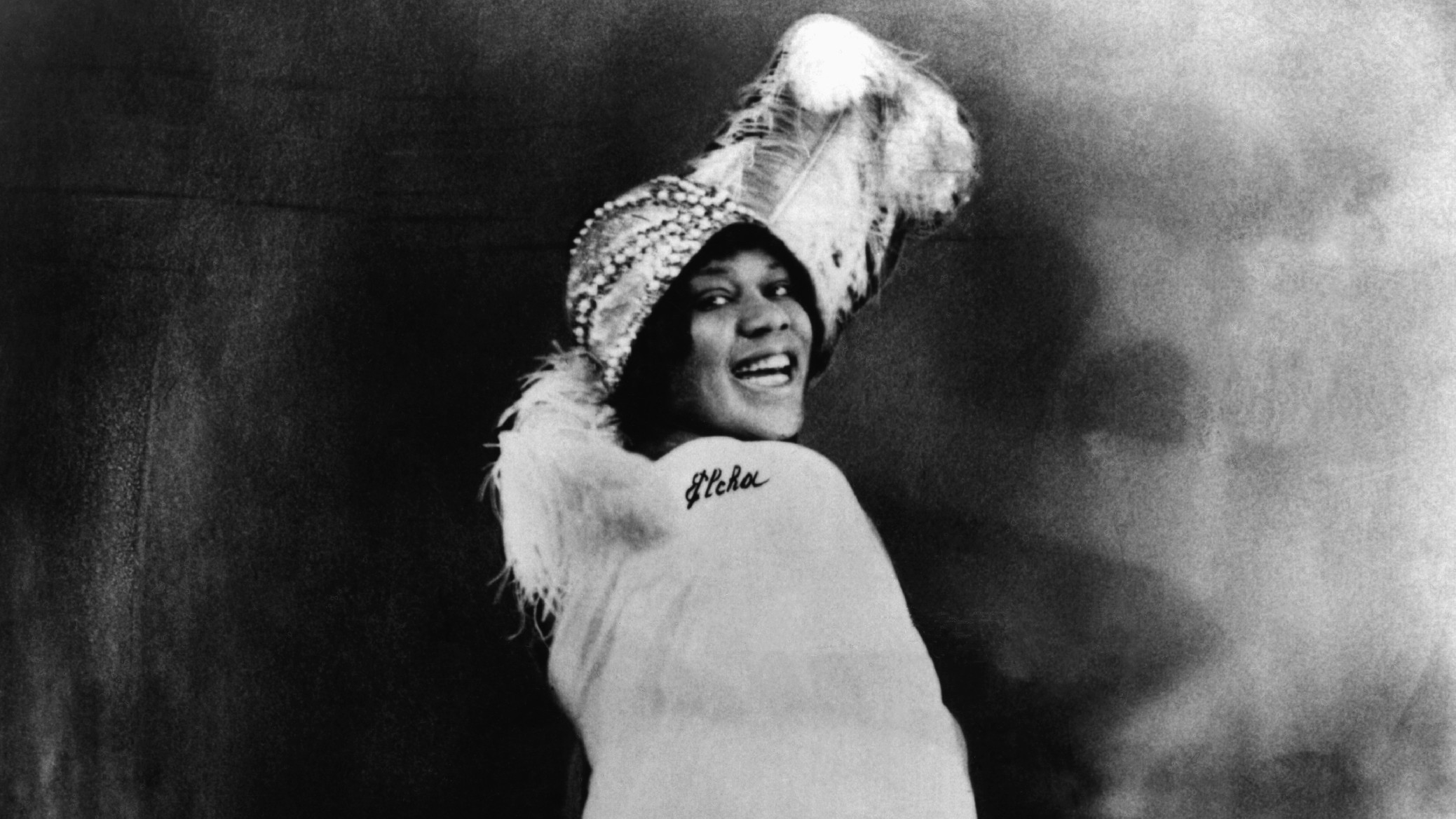In the annals of American music history, few names shine as brightly as Bessie Smith. Known as the Empress of the Blues, Bessie Smith was a groundbreaking composer and vocalist whose powerful voice and emotional depth captivated audiences during the early 20th century. Born into poverty and overcoming immense challenges, Smith’s life story is a testament to her indomitable spirit and the profound impact she made on the blues genre. In this blog post, we will delve into the life and career of the incomparable Bessie Smith.
Early Life and Influences:
Bessie Smith was born on April 15, 1894, in Chattanooga, Tennessee. She grew up in poverty, losing her parents at an early age and being raised by her elder sister Viola. It was during her early years that Smith began singing on the streets of Chattanooga, honing her skills and finding solace in music. Influenced by blues legends such as Ma Rainey and Clara Smith, Bessie was determined to make her mark in the world of music.
Rise to Stardom:
Bessie Smith’s big break came in 1923 when she was discovered by record producer Frank Walker. He recognized her exceptional talent and signed her to Columbia Records. Smith’s first recording, “Downhearted Blues,” was an instant success, selling over 800,000 copies in just a few months. This remarkable achievement propelled Smith to stardom and firmly established her as a leading figure in the blues genre.
Musical Style and Impact:
With her deep, soulful voice and a unique ability to convey raw emotion, Bessie Smith became renowned for her powerful performances. Her songs explored themes of love, loss, and resilience, resonating with audiences across racial and cultural boundaries. Smith’s music was a potent blend of blues, jazz, and folk, and she often collaborated with the era’s most talented musicians, including Louis Armstrong and Fletcher Henderson. Her recordings during the 1920s became legendary, with hits like “Nobody Knows You When You’re Down and Out” and “St. Louis Blues” showcasing her unmatched vocal prowess.
Personal Life and Challenges:
Bessie Smith’s personal life was fraught with challenges. She faced racial discrimination and struggled with alcoholism throughout her career. Additionally, her relationships were tumultuous, particularly her marriage to Jack Gee, which ended in divorce. Despite these hardships, Smith persevered and continued to create music that resonated deeply with her audience.
Legacy and Cultural Significance:
Bessie Smith’s impact on music cannot be overstated. She paved the way for future African American artists and influenced the development of blues, jazz, and rock and roll. Her music transcended racial barriers, captivating listeners around the world. Bessie Smith’s recordings are considered some of the greatest treasures of the early 20th century, and her influence can be heard in the work of artists like Billie Holiday, Aretha Franklin, and Janis Joplin.
Tragically, Bessie Smith’s life was cut short at the age of 43 in a car accident in 1937. However, her music and legacy live on, inspiring generations of musicians and touching the hearts of countless fans. In recognition of her immense contribution to the blues genre, Bessie Smith was posthumously inducted into the Rock and Roll Hall of Fame in 1989.
Conclusion:
Bessie Smith’s journey from poverty to international stardom is a testament to her extraordinary talent, resilience, and determination. As the Empress of the Blues, she left an indelible mark on the music world, breaking barriers and captivating audiences with her powerful voice and emotionally charged performances. Bessie Smith’s music continues to resonate today, reminding us of the transformative power of art and the enduring legacy of a true musical icon.


Comments are closed